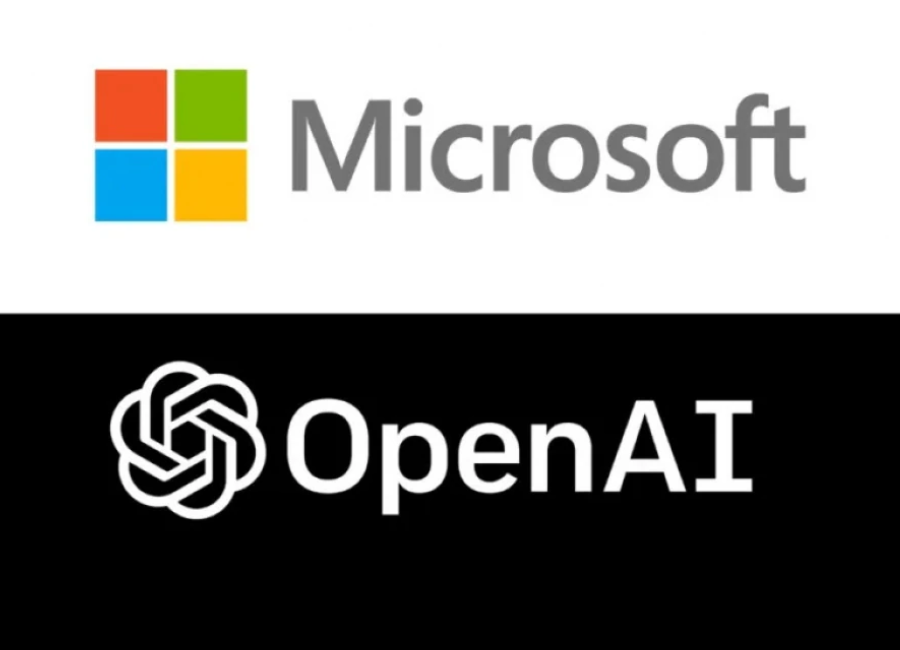OpenAI and its financial backer, Microsoft (MSFT.O), are facing a lawsuit filed by nonfiction authors Nicholas Basbanes and Nicholas Gage. The authors allege that both companies misused their work to train artificial intelligence (AI) models, including the popular ChatGPT chatbot and other AI-based services.
In a proposed class-action lawsuit filed in Manhattan federal court, Basbanes and Gage claim that Microsoft and OpenAI infringed on their copyrights by incorporating several of their books into the data used to train OpenAI’s GPT large language model. The lawsuit seeks to represent a class of authors whose works were allegedly used without proper authorization or compensation.
The complaint highlights that the companies utilized the authors’ works to train AI models, enabling the development of advanced language processing technologies like ChatGPT. These models have gained widespread use and popularity for their ability to generate human-like text based on input prompts.
As of the time of filing the lawsuit, representatives for Microsoft and OpenAI had not provided any official comments on the legal complaint.
This legal action is part of a broader trend where writers, both fiction and nonfiction, are raising concerns and filing lawsuits against technology companies over the alleged unauthorized use of their works in training AI programs. Notable cases include comedian Sarah Silverman and “Game of Thrones” author George R.R. Martin, who have also taken legal action against tech companies for similar reasons.
The New York Times joined this trend by filing a lawsuit against OpenAI and Microsoft in the previous week. The newspaper alleged that its journalists’ work was used without proper authorization to train AI applications.
Both Nicholas Basbanes and Nicholas Gage have backgrounds in journalism, and their lawyer, Michael Richter, expressed outrage over the situation. Richter emphasized the apparent lack of compensation for authors whose works contribute to powering a new and lucrative industry, estimating it to be a billion-dollar-plus enterprise.
The lawsuit underscores the ongoing challenges related to intellectual property rights and compensation in the rapidly evolving field of artificial intelligence. As AI models become increasingly sophisticated and widely utilized, concerns about the ethical and legal implications of using copyrighted materials to train these models have intensified.
The outcome of this legal action may set important precedents regarding the responsibilities of technology companies in obtaining proper authorization and compensating content creators for the use of their works in AI development. As AI continues to play a significant role in various industries, addressing these concerns becomes crucial to maintaining a fair and ethical landscape for content creators and technology developers alike.







